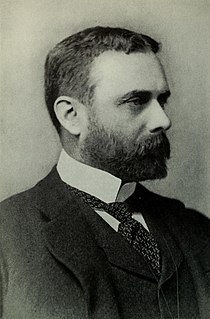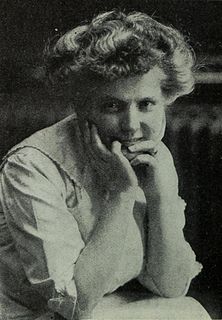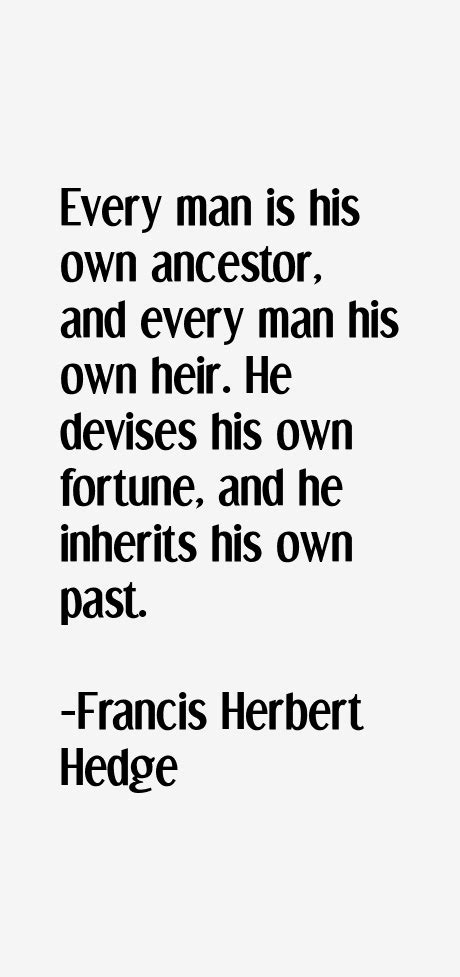A Quote by Marcus Tullius Cicero
Every man should bear his own grievances rather than detract from the comforts of another.
Related Quotes
Where no man thinks himself under any obligation to submit to another, and, instead of co-operating in one great scheme, every one hastens through by-paths to private profit, no great change can suddenly be made; nor is superior knowledge of much effect, where every man resolves to use his own eyes and his own judgment, and every one applauds his own dexterity and diligence, in proportion as he becomes rich sooner than his neighbour.
If there were only some way of contriving that a state or an army should be made up of lovers and their beloved, they would be the very best governors of their own city, abstaining from all dishonour, and emulating one another in honour; and when fighting at each other's side, although a mere handful, they would overcome the world. For what lover would not choose rather to be seen by all mankind than by his beloved, either when abandoning his post or throwing away his arms? He would be ready to die a thousand deaths rather than endure this.
No man can expect to find a friend without faults; nor can he propose himself to be so to another. Without reciprocal mildness and temperance there can be no continuance of friendship. Every man will have something to do for his friend, and something to bear with in him. The sober man only can do the first; and for the latter, patience is requisite. It is better for a man to depend on himself, than to be annoyed with either a madman or a fool.
I would rather be ashes than dust! I would rather that my spark should burn out in a brilliant blaze than it should be stifled by dry-rot. I would rather be a superb meteor, every atom of me in magnificent glow, than a sleepy and permanent planet. The function of man is to live, not to exist. I shall not waste my days trying to prolong them. I shall use my time.
The Unitarian Church has done more than any other church to substitute character for creed, and to say that a man should be judged by his spirit; by the climate of his heart; by the autumn of his generosity; by the spring of his hope; that he should be judged by what he does; by the influence that he exerts, rather than by the mythology he may believe.
If you want help in starting to write memoirs, you don't want to fall into the clutches of a famous writer who has been hired to teach at a writing workshop solely because of his name's ability to attract students, rather than because of any teaching skill. You should not have to grapple with someone who secretly thinks you should be writing about his life rather than your own.












































